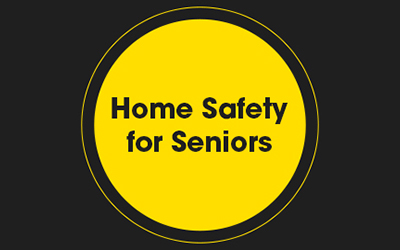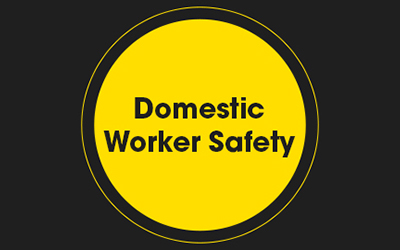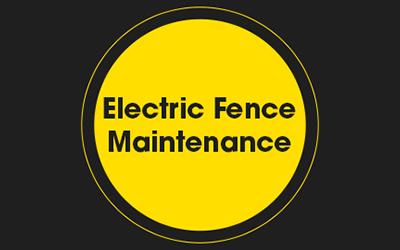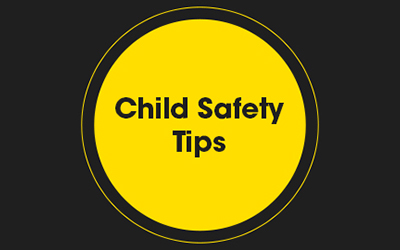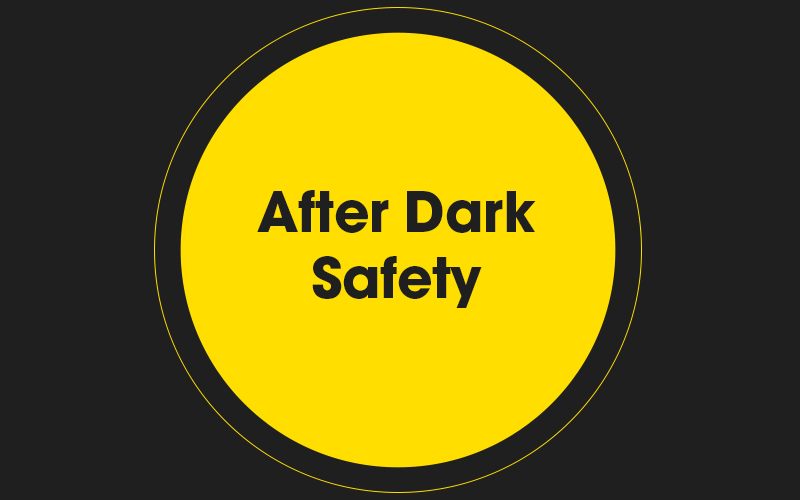
5 Minute Rule
Follow-me-home incidents remain an ongoing concern. To help keep you and your loved ones safe, please follow these simple guidelines as you approach your destination:
Five minutes from home:
- Heighten your awareness and become fully alert to your surroundings.
- Put away your mobile phone to avoid distractions.
- Reduce the volume of your car radio or music.
- Open both the driver and front passenger windows slightly (about 3 cm from the top).
- Pay attention to external sounds and listen for anything unusual.
- Actively use all three mirrors – left, right, and rear-view.
- Take note of nearby vehicles and pedestrians.
- Ask children to remain calm and quiet.
- Request adult passengers to assist in observing the surroundings.
- Reduce your speed gradually.
- Keep your vehicle aligned with the road, parallel to your point of entry.
Be alert to:
- Suspicious individuals.
- Suspicious vehicles.
- Unusual activity.
- Unattended or suspicious objects.
Do not enter if you notice:
- Unknown individuals loitering nearby.
- Unfamiliar vehicles parked close to your entrance.
- A security officer failing to provide a clear signal.
- Unusual activity such as emergency responders on site.
Your safety is our priority.
24/7 Security Services – info@24-7security.co.za / 011 444 2237

